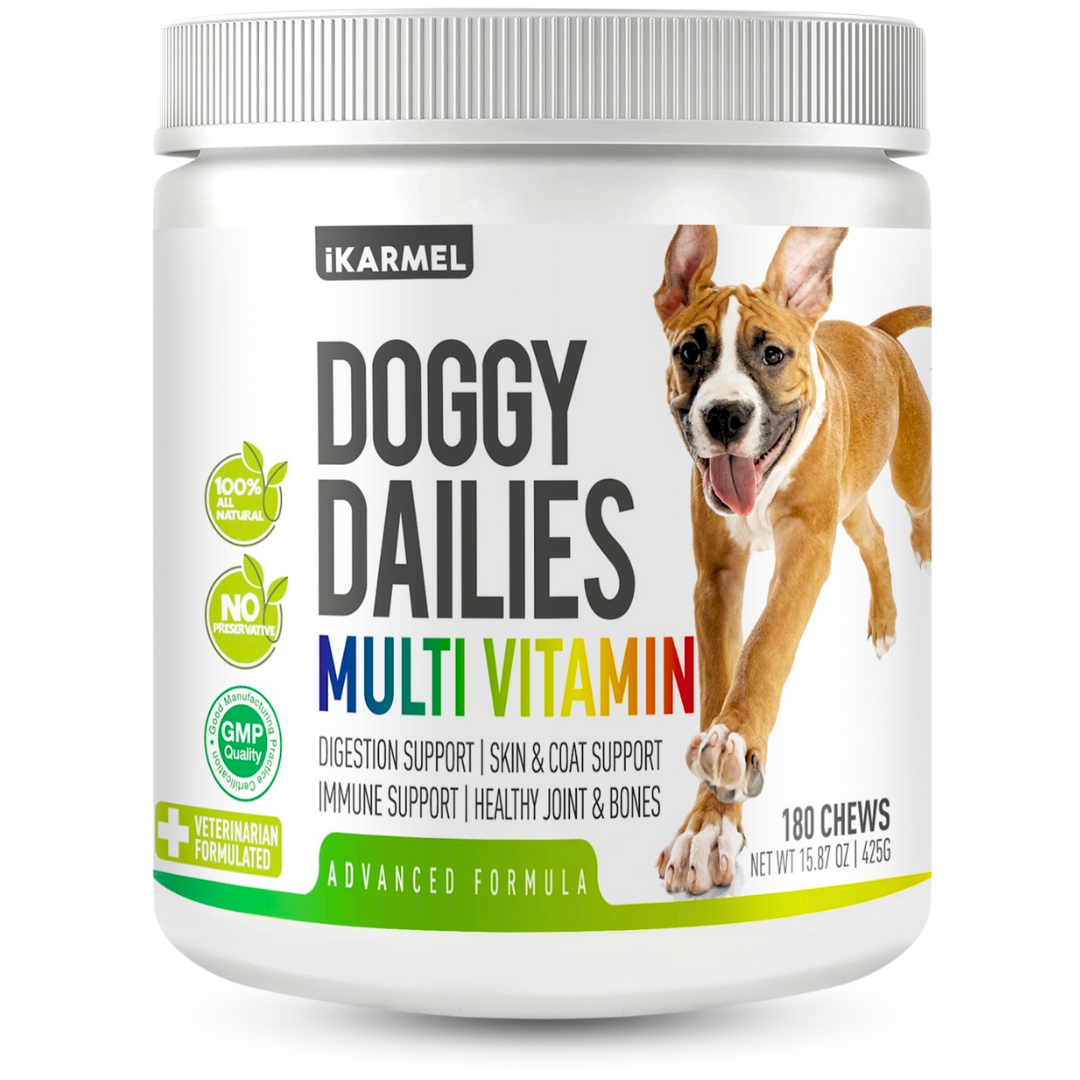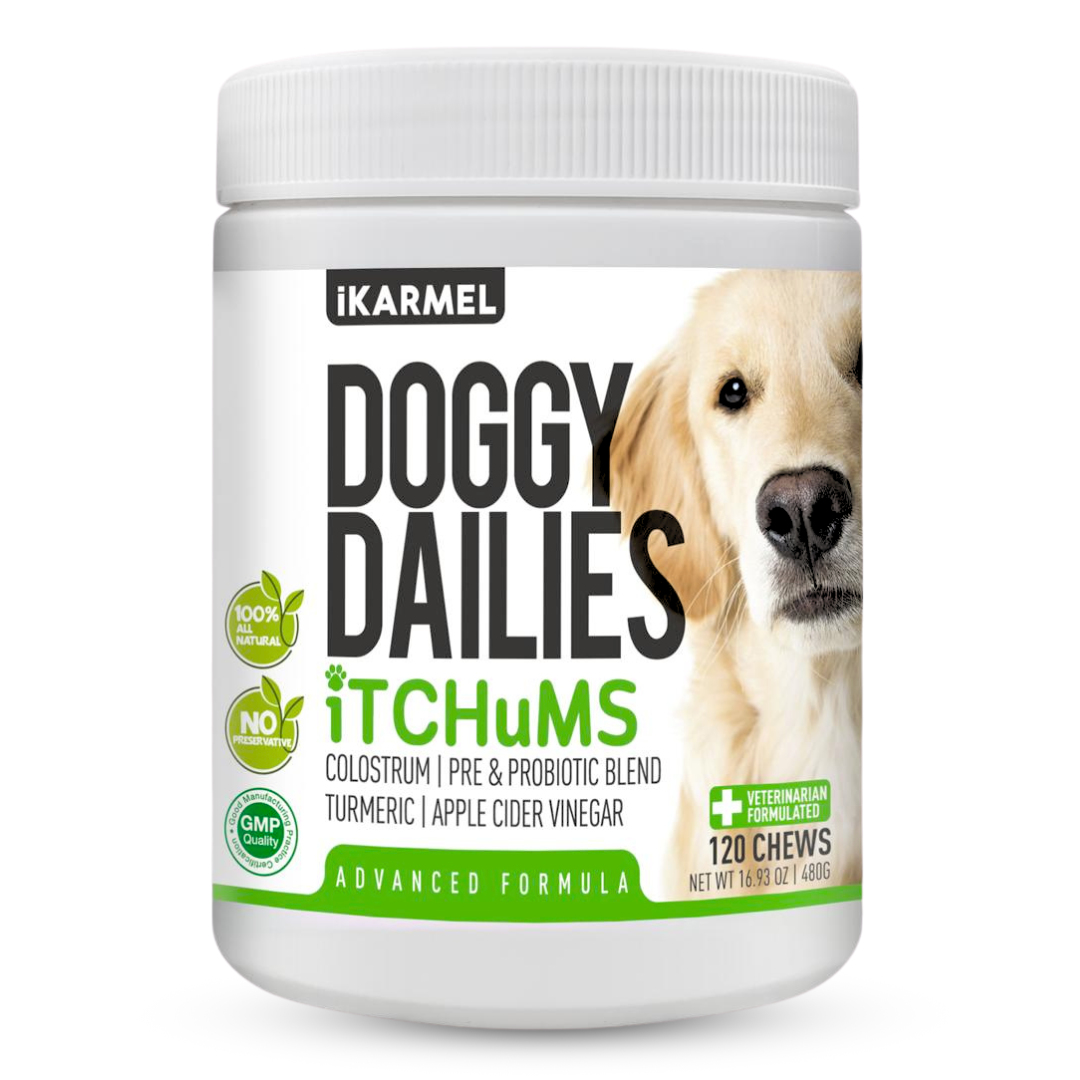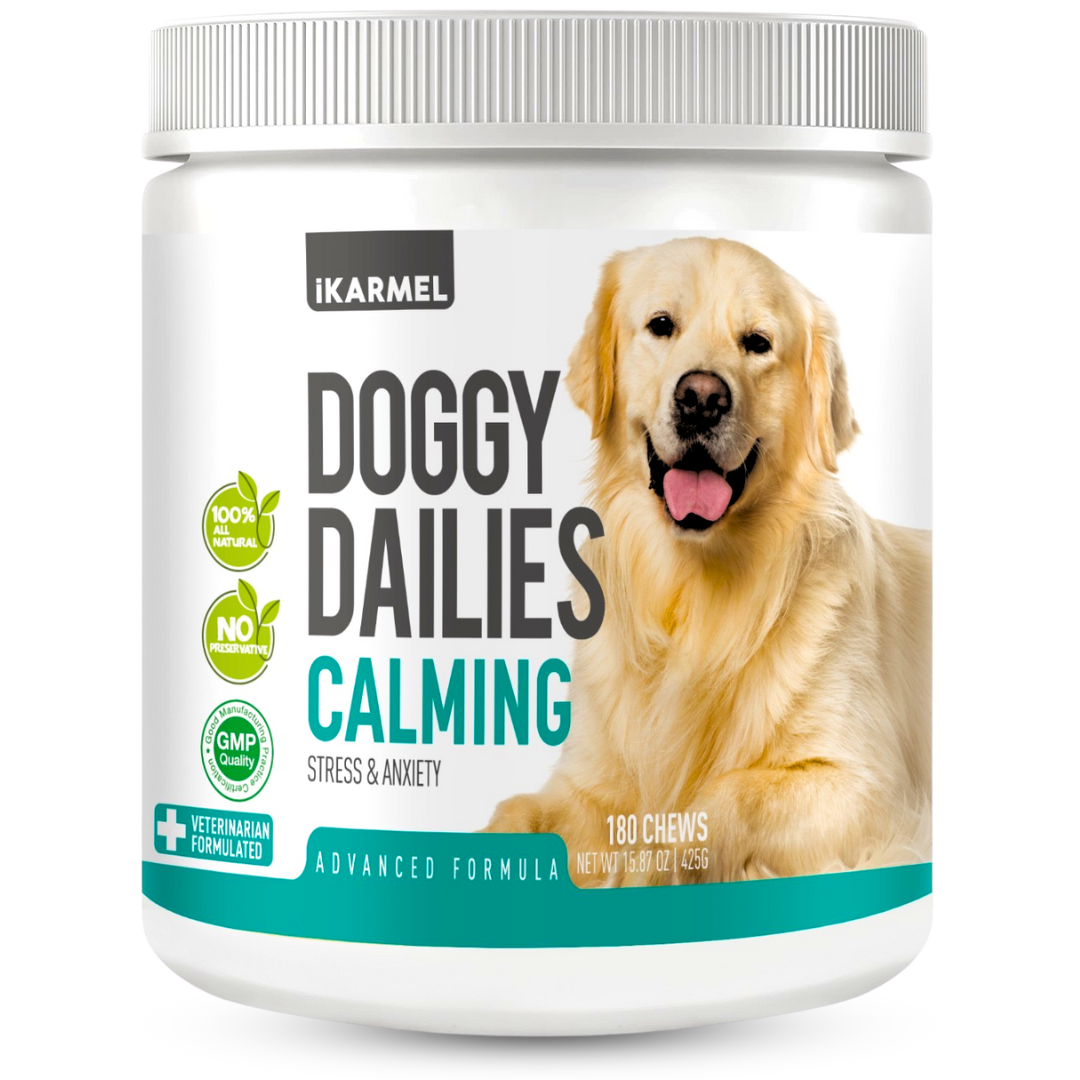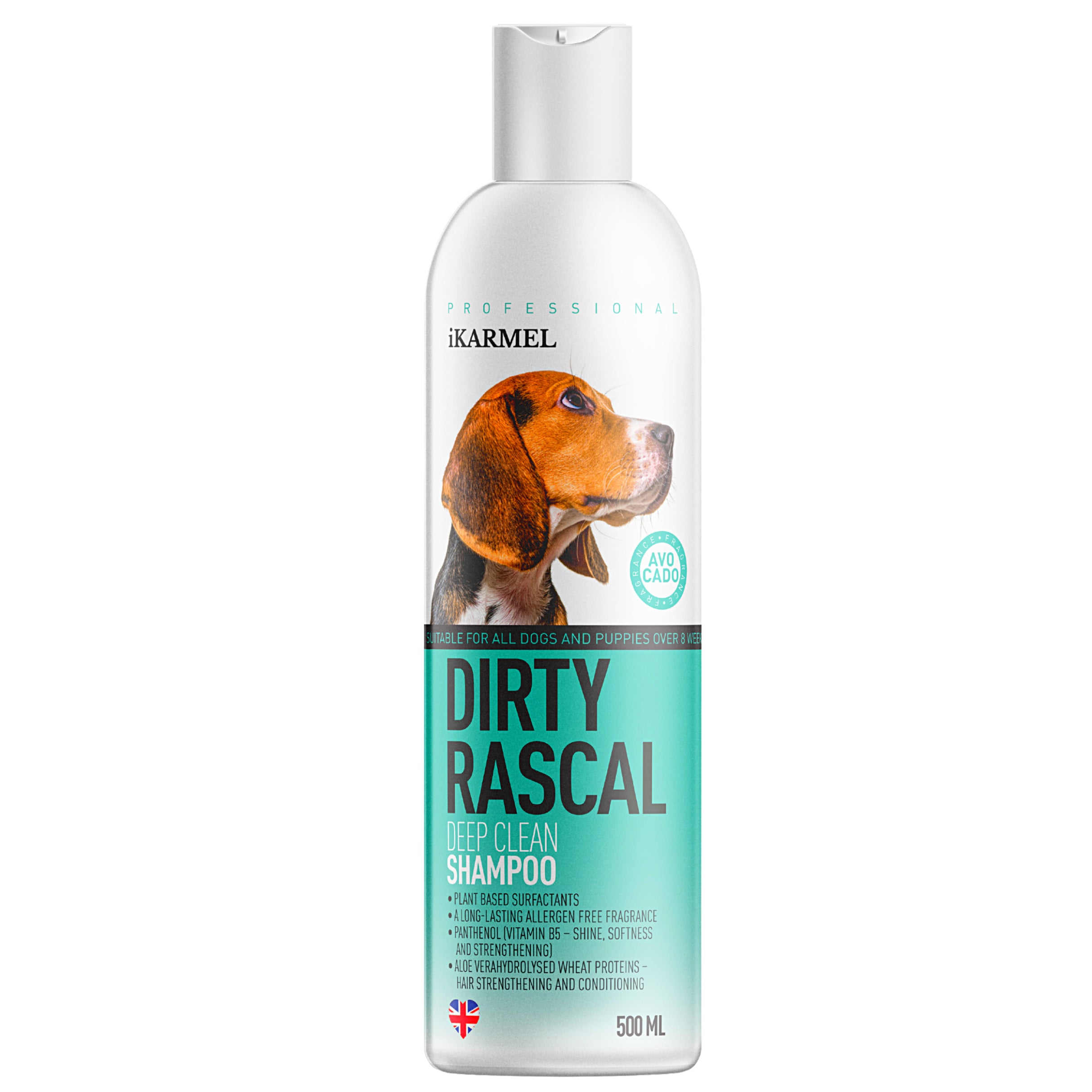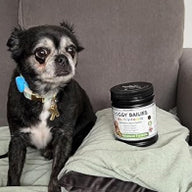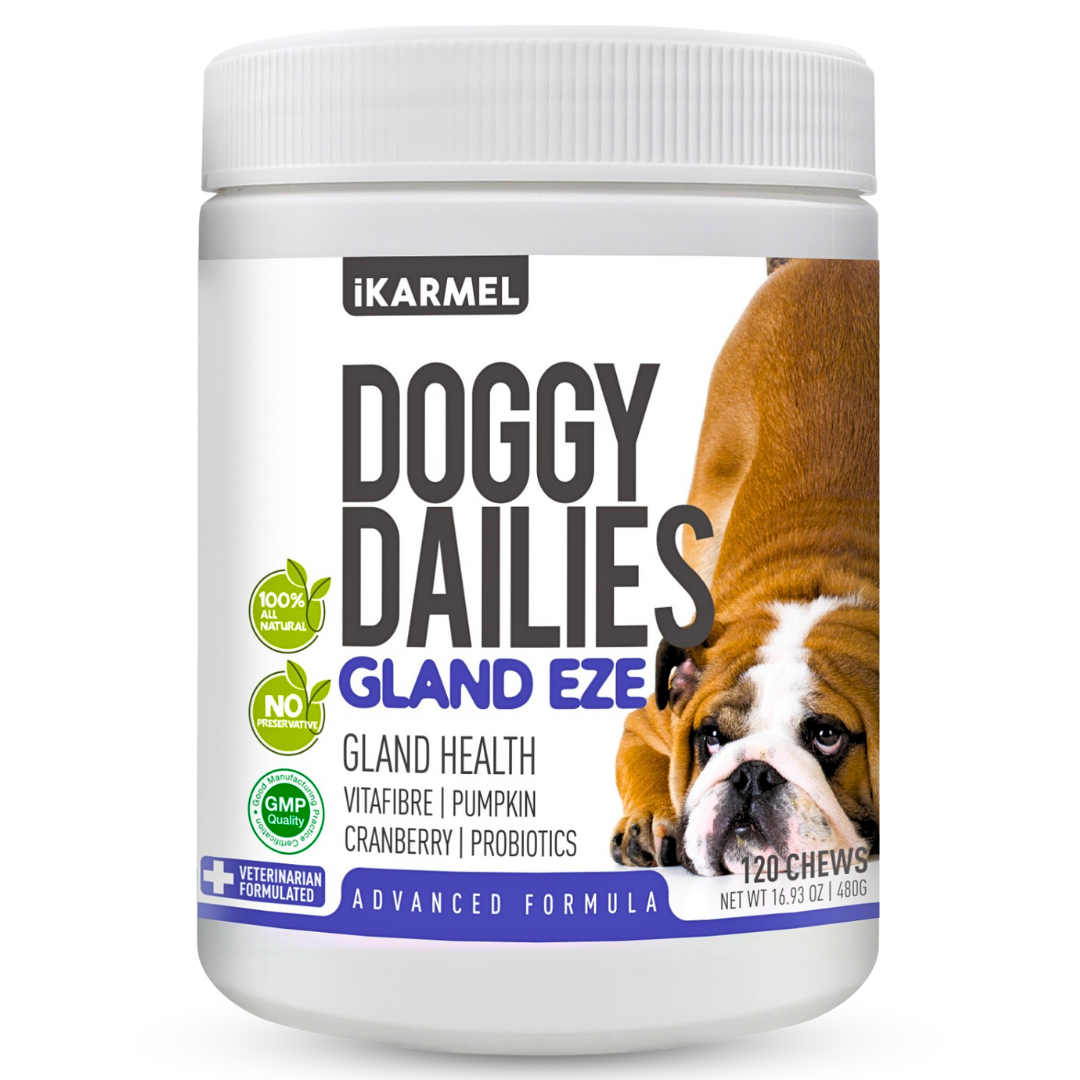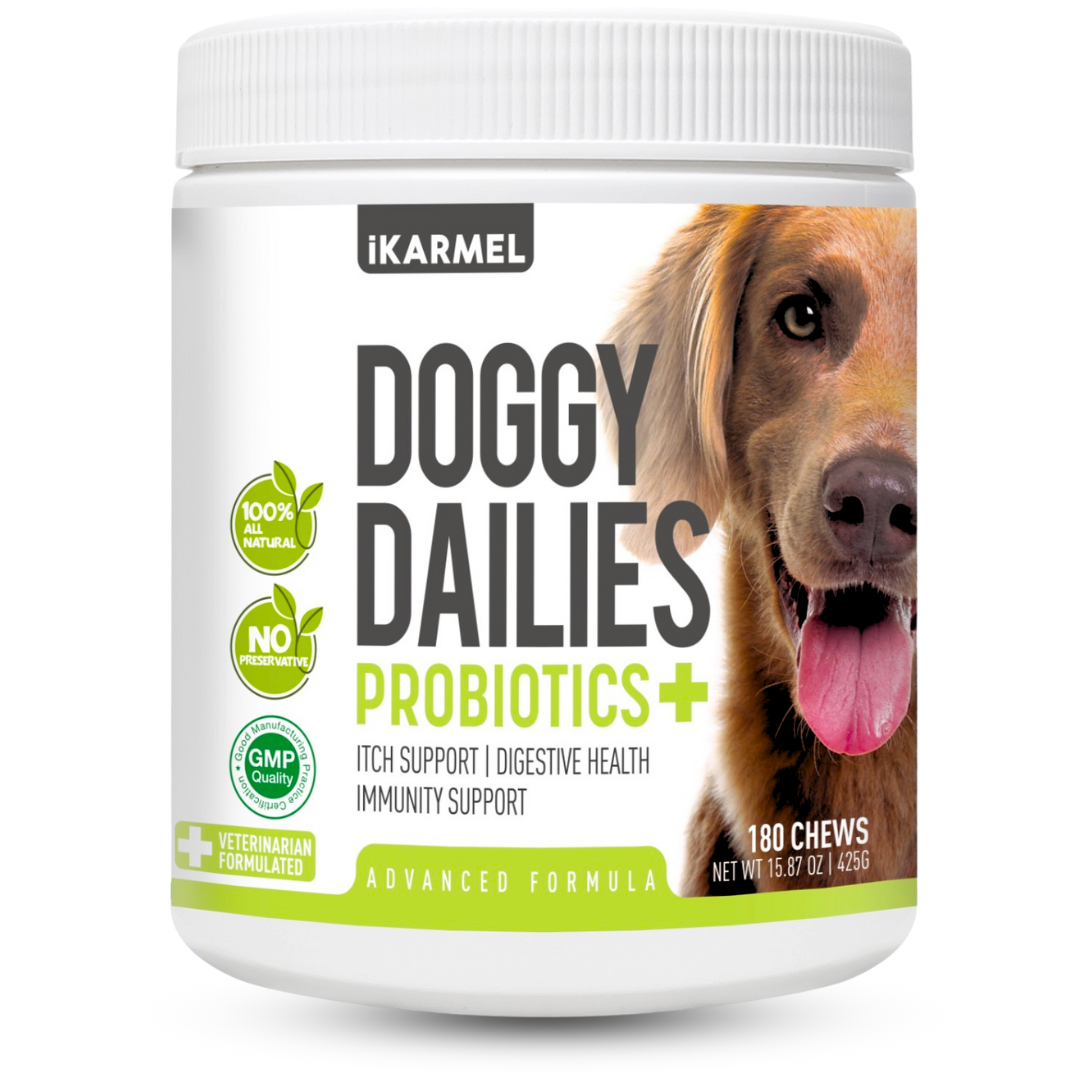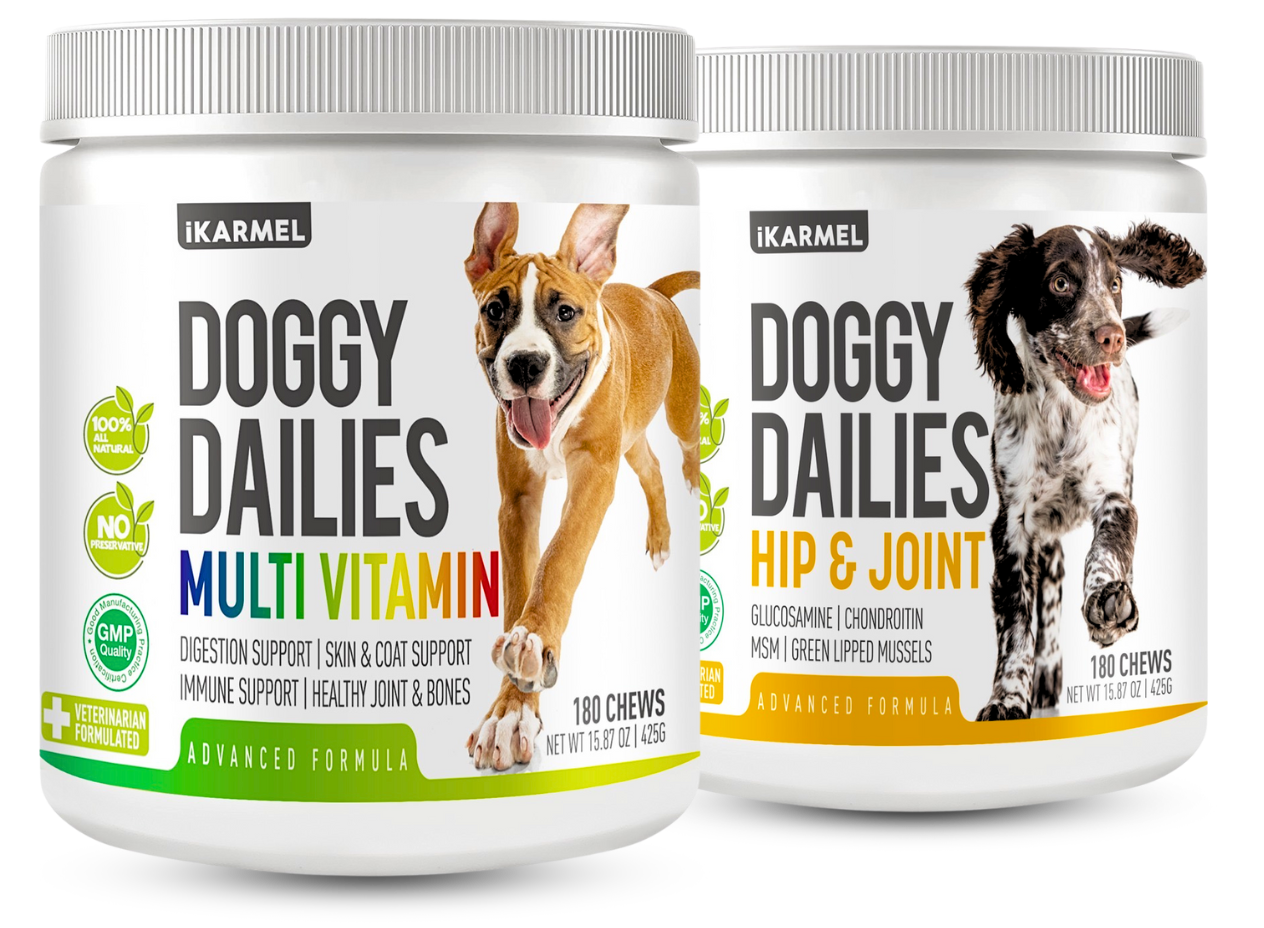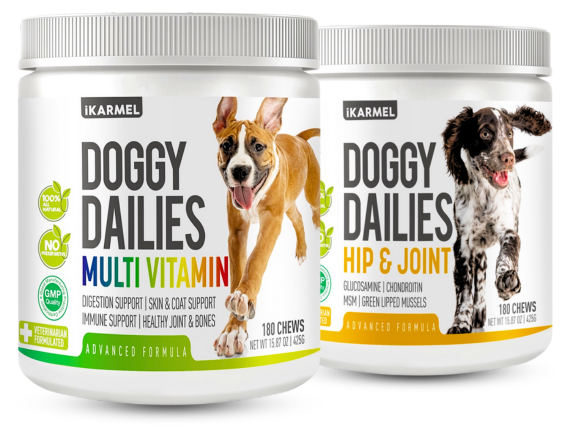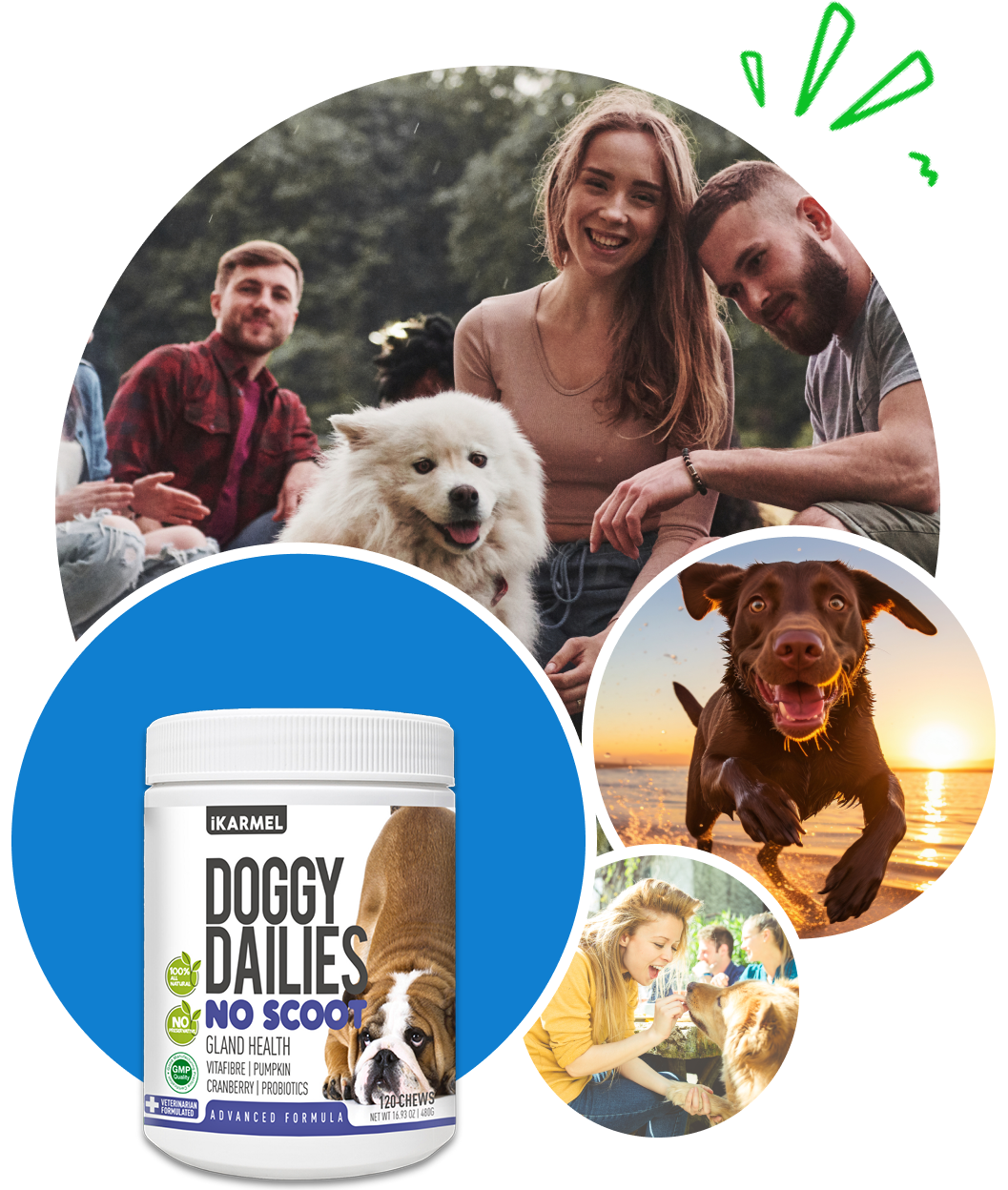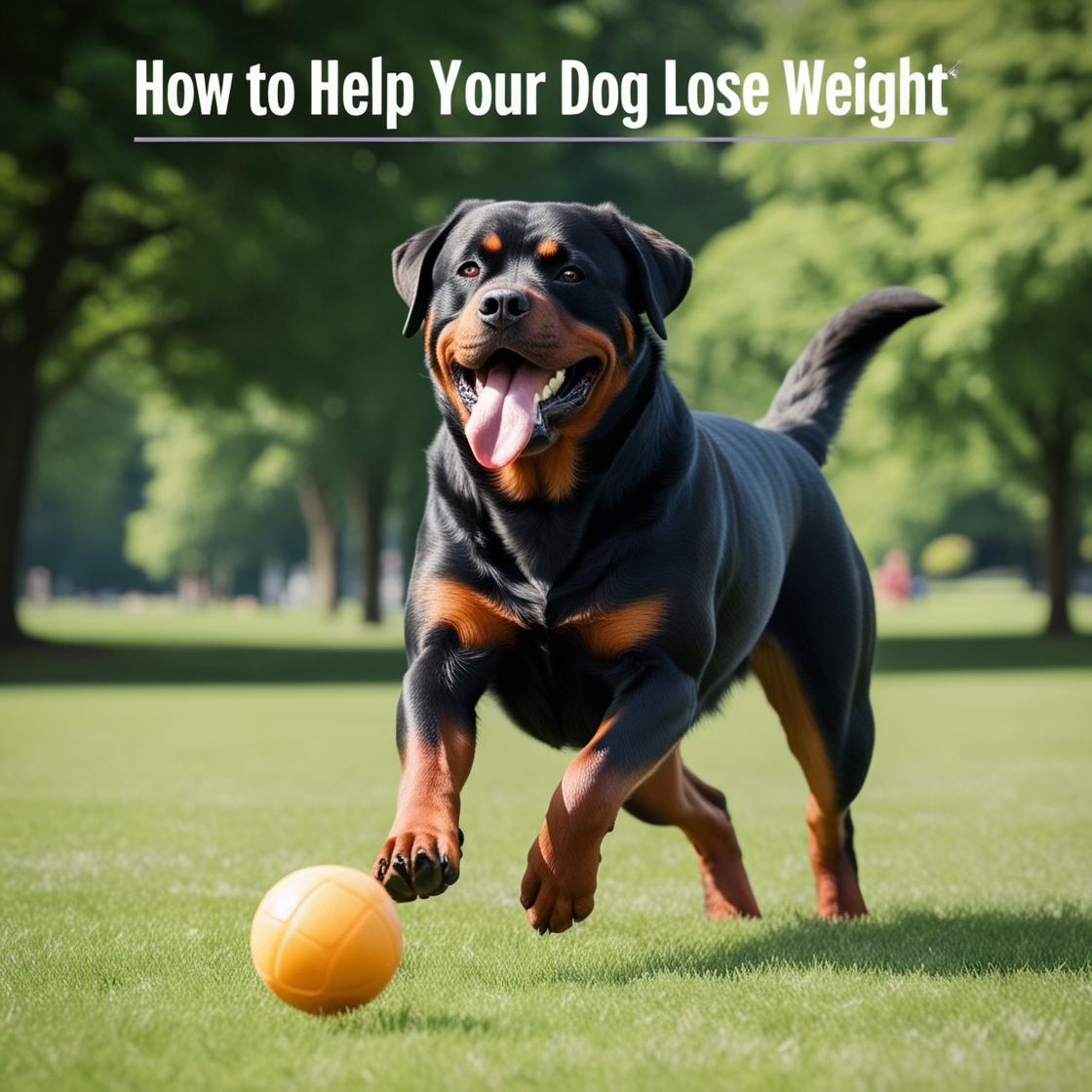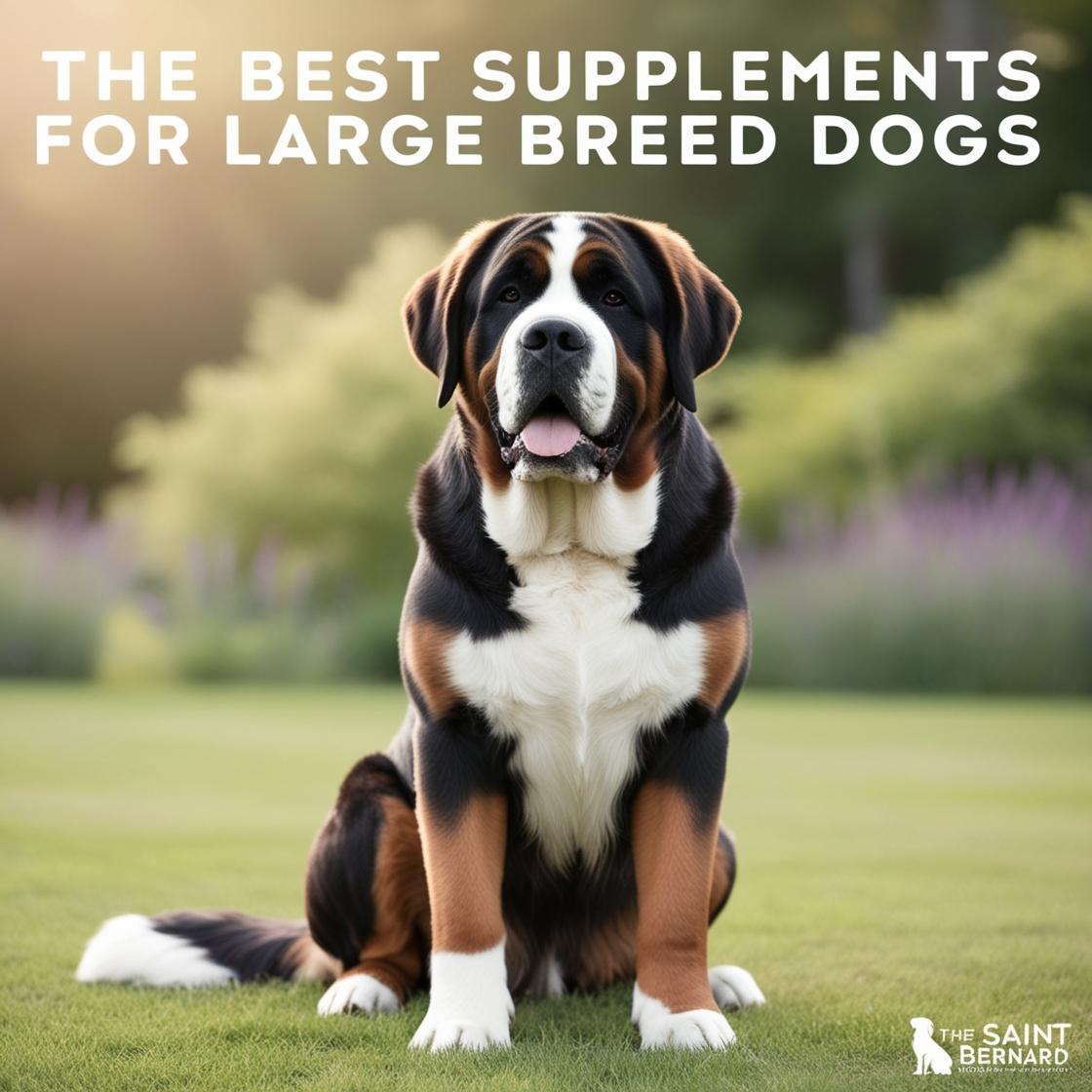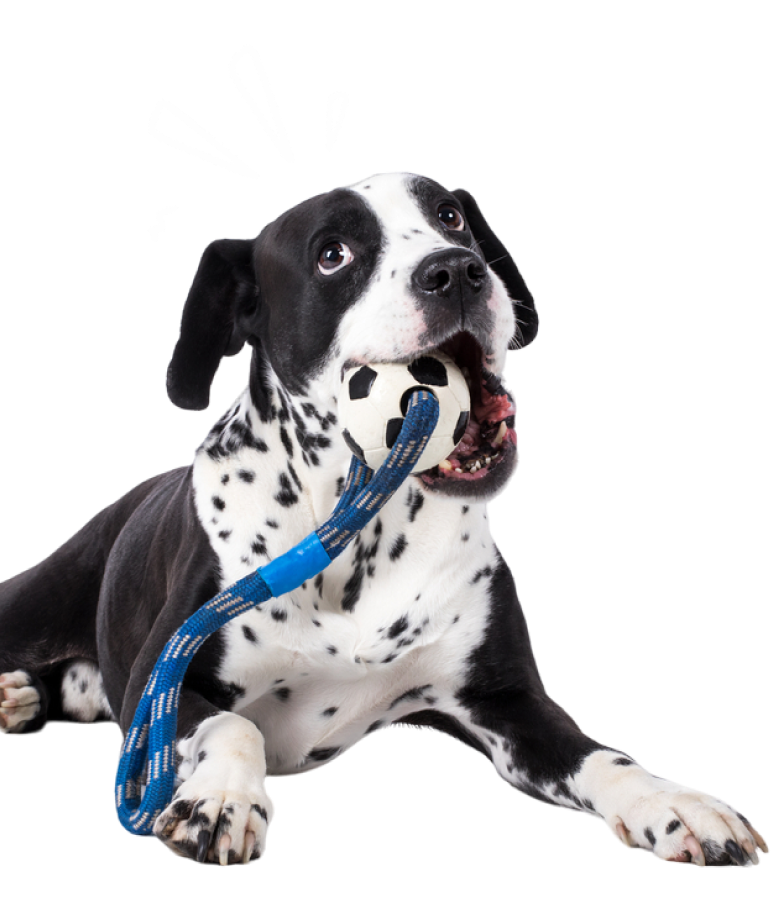
Tips to Keep Your Dog Warm this Winter
Just like us, our dogs need a little extra care during the colder months. Winter can bring challenges such as hypothermia, frostbite and stiff joints, especially for young, elderly or short‑haired breeds. With a few simple adjustments, you can make sure your four‑legged friend stays cosy, safe and healthy all season long.
Create a Warm & Safe Indoor Space
Provide your dog with a snug, draught‑free spot to sleep. A raised bed with plenty of blankets or a thermal mat will keep them off cold floors. If your dog sleeps in a crate, draping a blanket over it can help to trap warmth and block out chilly draughts.
Dress Them for the Weather
Some dogs benefit from an extra layer. Smaller breeds, short‑haired dogs, and seniors often need a dog coat when the temperature drops. Opt for a waterproof option when it’s wet or snowy, and consider reflective clothing for walks on darker evenings.
Breed also matters: double‑coated breeds such as Huskies are naturally more insulated, while Greyhounds or Whippets may need extra protection. Tailor your approach to your dog’s size, coat type and age.
Protect Their Paws
Ice, grit and salt can all be harsh on delicate paws. Dog booties are ideal, but if your dog won’t tolerate them, paw balms can help to protect and soothe. After each walk, rinse and dry their feet to remove any harmful residues and prevent cracks.
Monitor Their Time Outdoors
In freezing conditions, limit the amount of time your dog spends outside. Keep walks shorter but more frequent, and watch for signs that they’re too cold, such as shivering, whining or holding up their paws.
If your dog enjoys being active, try adapting exercise with safe games like tug, hide‑and‑seek or agility indoors to stop boredom building up.
Keep Hydration & Nutrition in Check
Cold weather can increase calorie needs for active dogs, but be mindful not to overfeed if your dog is exercising less. Make sure they have access to fresh water at all times, and check bowls regularly to ensure they haven’t frozen over.
Consider Grooming & Coat Care
Regular grooming keeps the coat free of tangles and helps it insulate properly. Avoid over‑bathing during the winter, as this can strip away protective oils. When a bath is necessary, choose a moisturising dog shampoo, and always dry your dog thoroughly after getting wet in rain or snow.

Schedule a Winter Health Check
A seasonal checkup with your vet can be invaluable. They can advise on dietary adjustments, joint support (such as supplements) and any other health concerns. This is especially important for older dogs or those with arthritis, as cold weather can exacerbate stiffness. Consider mobility aids like ramps, orthopaedic bedding or even heated mats to help senior dogs stay comfortable.
Support Your Dog’s Joints in Cold Weather
As we’ve touched on, cold temperatures can make stiff or sore joints feel worse, especially for senior dogs or breeds prone to arthritis. Winter often reduces activity levels too, which may lead to more stiffness if your dog isn’t moving as much.
To keep your dog comfortable and mobile during the colder months:
- Provide warm, padded bedding to cushion their joints and prevent discomfort from hard, cold floors.
- Keep up with gentle exercise such as shorter, regular walks or low-impact indoor play to maintain mobility without over-straining.
- Consider joint-supporting supplements that include ingredients like glucosamine, chondroitin, and MSM. These can help support cartilage, reduce stiffness, and promote long-term joint health.
Our Doggy Dailies Hip & Joint Support Chews are specially formulated to provide daily support for dogs with stiff or ageing joints, helping them stay active and comfortable all winter long.

Safe Indoor Activities
If it’s too cold outside, keep your dog entertained indoors. Puzzle feeders, interactive toys and training games provide mental stimulation. Warm, dog‑safe treats such as broth or homemade biscuits can also be a comforting addition.
You can also enrich their environment with scent games, trick training or hide‑and‑seek to provide mental exercise when outdoor play is limited.
Travel and Transport
When travelling in winter, make sure your car is warm before letting your dog in. Never leave them unattended in a vehicle during freezing weather. Keep blankets or a car‑safe bed in the back seat to provide extra comfort, and ensure they are secured with a harness or crate for safety.
Indoor Temperature Management
Dogs are comfortable at similar temperatures to humans, usually around 18–22°C. Keep your home consistently warm and avoid letting it get too cold at night or when you’re out. If you use a smart thermostat or pet camera, you can check on your pet’s comfort remotely and ensure heating cycles don’t leave them shivering.
Outdoor Shelters
Most dogs are happiest indoors in winter, but if yours spends time outside, provide a well‑insulated dog house. It should be raised off the ground, have a sloped roof to prevent leaks, and be lined with straw or thermal bedding. Ensure the entrance is shielded from wind and rain, and never leave your dog outdoors for long in freezing weather.
Watch for Winter Hazards
Take extra care around seasonal hazards. Antifreeze is highly toxic but attractive to dogs, so keep it well out of reach. De‑icing salt on pavements can irritate or damage paws, so be sure to wipe them clean after walks. Be alert for signs of frostbite or hypothermia, and seek veterinary advice if you’re concerned.
Have an emergency plan in place. If your dog shows signs of hypothermia, such as lethargy, weakness or uncontrollable shivering, warm them gradually with blankets and seek urgent veterinary care. A canine first‑aid kit can also be useful in winter emergencies.
Keep Your Dog Warm & Healthy This Winter With iKarmel
With a little preparation, winter can still be an enjoyable season for your dog. Alongside keeping them cosy and safe, you can also support their overall wellbeing from the inside out.
Explore iKarmel’s range of Doggy Dailies supplements — from joint and digestion support to calming chews — to help keep your dog healthy, calm, and happy all winter long.

